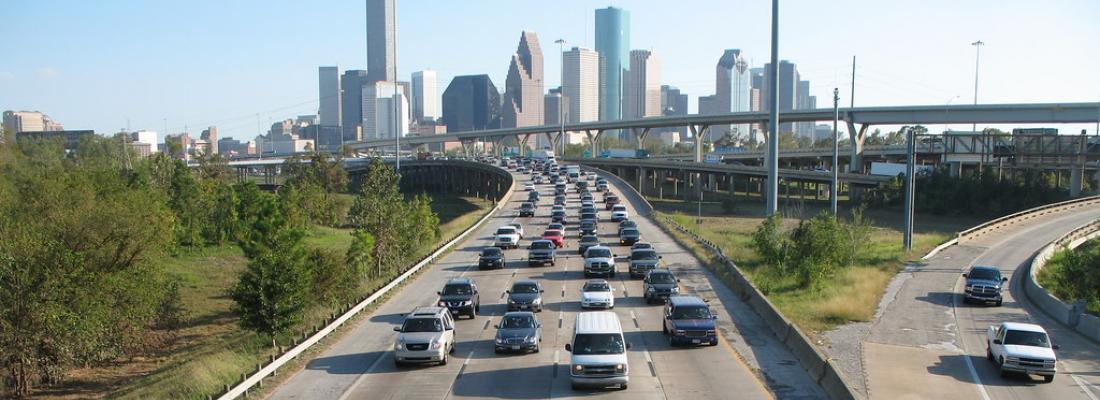
Houston, TX
United States
Gathered information from people who rely on public transit to understand how COVID-19 impacted plans to use alternative modes of transportation and to inform policy proposals to improve public transit options.
Communities of color and people with low incomes often rely heavily on public transit. The COVID-19 pandemic decreased transit ridership in the US by roughly 40 percent between March 2020 and September 2020, and transit officials in Houston predicted that it could be years before ridership returned to pre-pandemic levels. Air Alliance Houston, a research-based nonprofit advocacy organization committed to environmental justice, believes that increasing access to and use of alternative modes of transportation is critical to improving public health, including by reducing people’s exposure to polluted air and decreasing emissions of greenhouse gases contributing to climate change. With these concerns in mind, Air Alliance Houston sought to understand whether and how COVID-19 has impacted residents’ plans to use alternative modes of transportation in the future.
Air Alliance Houston partnered with researchers at LINK Houston and Texas Southern University’s Department of Urban Planning and Environmental Policy to learn how the pandemic and its numerous direct and indirect effects impacted the lived experience of residents who rely on public transportation. Air Alliance identified focus communities through analysis of neighborhoods hard hit by the pandemic. They compiled quantitative data on COVID-19 cases and deaths per capita, respiratory hazards, social vulnerability, a transportation equity demand index, and a quality affordable transportation index. Air Alliance then engaged leaders in each of these communities to form a community board to lead community outreach and community conversations. These leaders were hired and trained to lead community conversations in the focus neighborhoods: Sharpstown, Third Ward, and Fifth Ward. Through these community conversations, Air Alliance found that public transportation use declined and that for those who still had to rely on public transportation for their commute had significant concerns with regards to safety and COVID precautions. They also interviewed key stakeholders from transportation advocacy groups in other parts of the country to learn from their efforts.
Air Alliance found that public transportation use declined and that those who continued to commute on public transportation had significant concerns with regards to safety and COVID-19 precautions. Air Alliance combined their quantitative analysis, community conversations, and key informant interviews into their final report which includes local and state-level policy recommendations (such as requiring the Texas Department of Transportation to engage in comprehensive, equitable scenario planning). The policies are focused on alleviating the hardships communities are facing at the nexus of poverty, COVID-related impacts, environmental hazards, and inaccessible transportation.